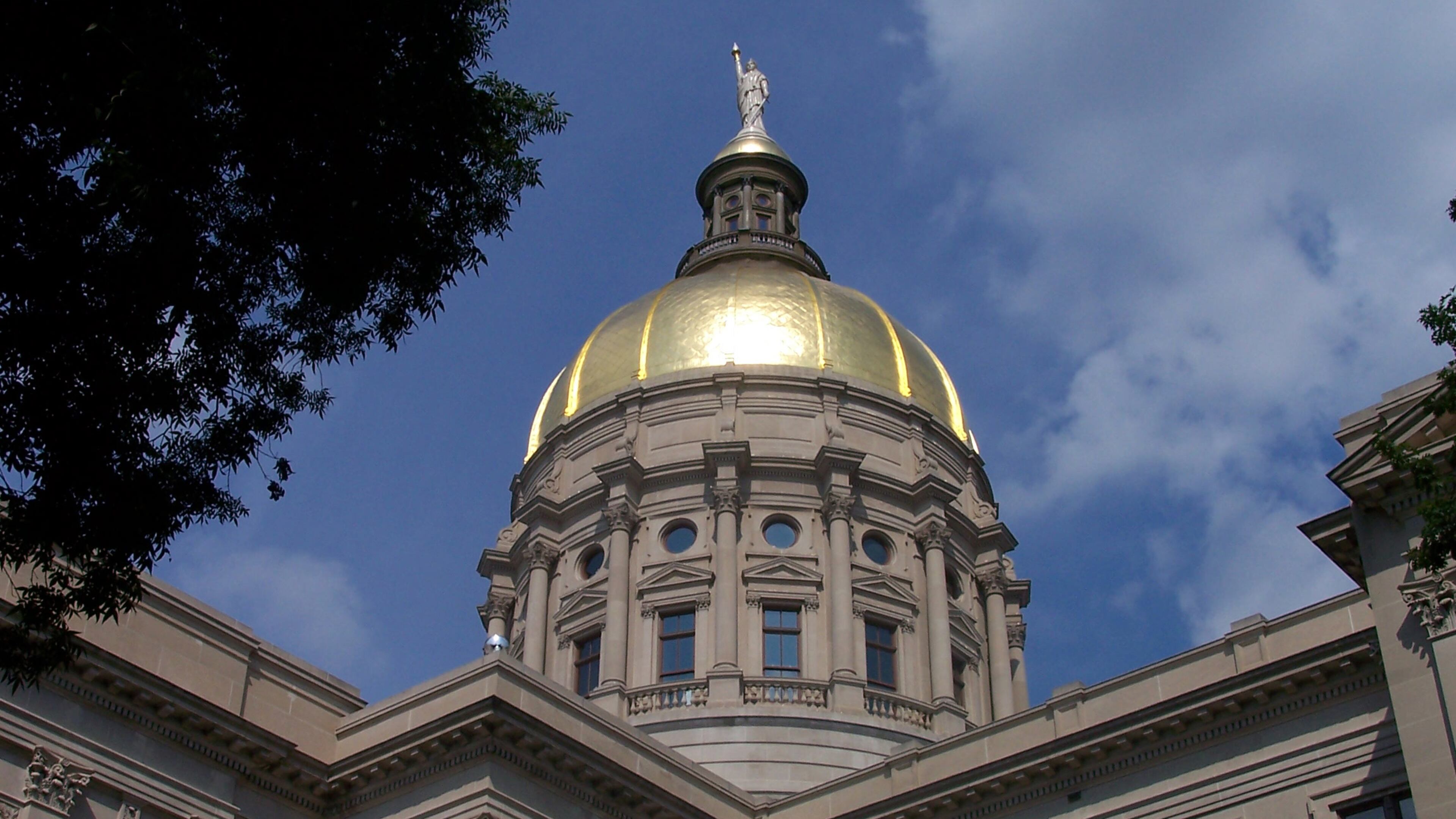Opinion: Dear Ga.’s newly elected leaders

In a sense, the campaign might have been the easy thing, however counterintuitive that seems.
After a long, bruising haul of a rancorous campaign, Brian Kemp gained a close victory that brought him the current interim title of Georgia Governor-elect.
That win means he must now make the transition from campaigning to governing. We’d be surprised if the latter work does not prove much more difficult.
The day-to-day administrative tasks and other leadership required of Georgia’s governor is well removed from the speechifying and fund-raising of campaigning, we’d suggest. And how well the new governor makes that transition will affect 10 million Georgians – including the 1.98 million who voted for him.
The demands of Kemp’s new job are significant – nothing less can be the reality in a state as influential as Georgia. We’ve all worked hard to put this place at the forefront of the big tent called progress. State officials, for example, have missed no opportunity to trumpet our longstanding status by Site Selection magazine as the nation’s best state in which to do business.
That bit of PR has a basis in accuracy. Georgia’s earned a significant share of the Sunbelt’s growth, and the economic prosperity that both reflects and builds upon that in-migration.
Georgia, and the metroplex that is its capital city, have for a long time pretty consistently lured both job-creating industry and the workers it needs. We’ve reeled a bit from the growing pains that’ve resulted, yes. All considered, though, growth is a nice challenge to have. It handily beats the stagnation, or decline, of other, less-fortunate places.
» Opinion: Key regional issues await next governor’s attention
Acting in sync with the private sector and local and county governments to help shepherd and fuel such expansion is high among the big tasks that Georgia’s new governor and other new leaders will need to quickly master. Our future demands that we play at a high level; nothing else will suffice, given this state’s global aspirations and worldwide competitors. And winning will require solutions much more complex and nuanced, at times, than campaign sound bites.
One thing in need of repair is Georgia’s national image, given that the recent election has subjected us to criticism rooted in election problems and tactics that many believe represent the Old South of legal racial discrimination. As we’ve said here before, Georgia’s legislative and executive branches must act decisively to dispel these notions.
A sizable part of doing that is for our new governor and other newly elected officials to appreciate – and trumpet widely — that a key strength of Georgia is its diversity. This state has drawn productive people of all ethnicities, nationalities and faiths from around the nation and world. They stand with those who’ve, since birth, called this place home. Most of us have done well in a state that, for the vast part, exemplifies Southern hospitality.
That reality has held true even as partisan divisiveness has gripped this nation, Georgia included. In a sense, political battles are at the core of American politics. Where things get risky, or outright harmful, is when partisan rifts prevent reaching across any jagged divides to make needed things happen.
Georgia’s recent governors have set a generally solid example at key times in how to work for the benefit of all.
Former Gov. Sonny Perdue, for example, could have used recession-driven budget constraints or just plain politics as reasons for not moving assertively to resolve the Atlanta Public Schools cheating scandal. Perdue did not do that. Instead, shortly after this newspaper’s Editorial Board urged him to do so, he ordered the GBI to step in and investigate its way to the bottom of that sad matter.
Gov.-elect Kemp will have the great advantage of a strong state economy as he enters the Governor’s Mansion. His immediate predecessor Gov. Nathan Deal wasn’t so fortunate. Deal had to deftly navigate tight budgets brought about by the Great Recession that had battered the national and state economy. Hard, controversial decisions resulted.
Overall, Deal proved a solid steward of tight resources. Among other things, he used the downturn to champion criminal justice reform. Imprisoning fewer nonviolent offenders would both save money and make Georgia safer, he successfully argued. It made sense then and now.
Deal’s pragmatism served Georgia well time and again. If Kemp can do as well in mastering that low-key, stick-to-the-knitting formula, all of Georgia will benefit.
Deal, for example, wisely locked arms on mutual issues with leading Georgia Democrats. That bipartisanship helped move forward initiatives such as deepening the Savannah River for the benefit of the economic powerhouse that is Georgia’s ports.
Deal and former Atlanta Mayor Kasim Reed also worked to bring the Super Bowl back to Atlanta. It will take place in a new stadium here next year.
Those victories, and the dollars they will blend into Georgia’s robust economy, show the value of mixing red and blue to equal green. That profitable calculus should continue in Georgia.
After all, we’re in a good place now, but still not where this state should be. Employers continue to rightly demand that our public schools do a better job of preparing lifelong learners who can fill the many jobs created by our growing economy. Georgia’s transportation systems, even after significant, even game-changing investments, still are not fully up to providing the reliable mobility our growing state demands. And those are just two of the big to-do’s on the horizon. There are others as well.
Successfully undertaking all of this will demand inclusiveness and innovation, backed by political backbone and courage at times. Doing all of that well will best ensure that Georgia handily conquers future challenges.
The state’s motto provides what is still excellent advice in this regard: Wisdom. Justice. Moderation.
Embodying those words is the task now before Gov.-elect Kemp and the rest of our state’s elected leaders.
Andre Jackson, for the Editorial Board.


